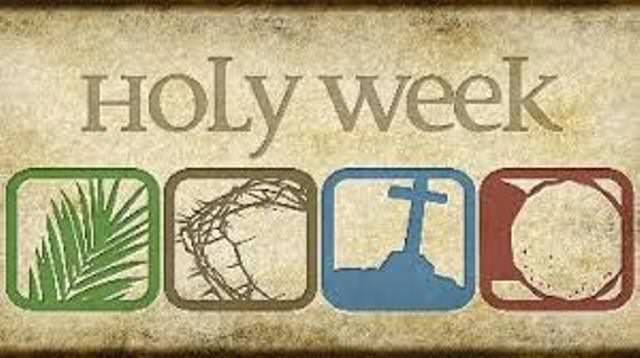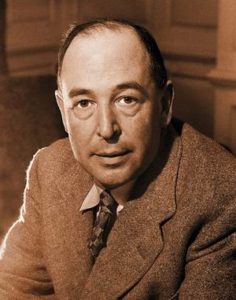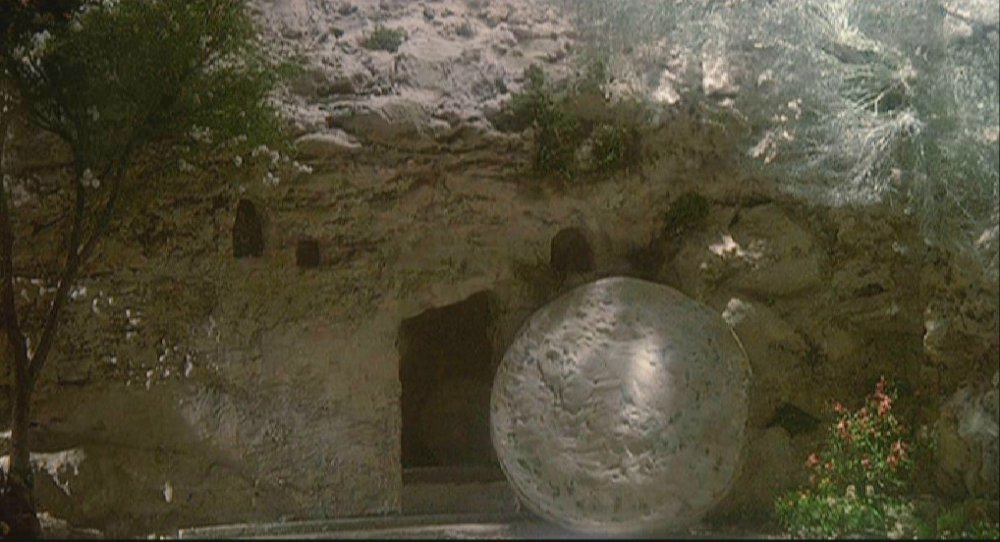We’re about to enter into what the Christian church throughout the centuries has called Holy Week. Now, of course, if we really understand the faith, we realize every week is Holy Week, every day Holy Day, and every minute Holy Minute.
Yet we use this designation for the upcoming week because it makes us pay attention to the events approximately two thousand years ago that have made possible the Great Restoration, the Great Redemption of our souls.
As wonderful and inspirational as the Nativity is, this week announces the essence of Christian faith: the suffering, death, and resurrection of the Son of God that we might become children of God ourselves.
This week is awash in the supernatural, culminating in the Resurrection, without which we would have no hope.

We believe in the God who is above nature—super-natural—and in the miracle of the New Birth.
As C. S. Lewis reminds us in his essay “Christian Apologetics,”
Do not attempt to water Christianity down. There must be no pretence that you can have it with the Supernatural left out. So far as I can see Christianity is precisely the one religion from which the miraculous cannot be separated. You must frankly argue for supernaturalism from the very outset.
So many over the years have stripped the faith of its faith. Follow the moral guidelines, we are told, but reject those silly stories about miracles; some early Christians surely added those in later to augment/falsify the story of Jesus.
We even have a group of scholars—I use the term loosely—called the Jesus Seminar who periodically meet and decide whether certain passages of Scripture are genuine or if they are spurious. Then they make their grand public proclamation about which parts they now consider phony.
Well, that which is phony is found within themselves, not in God’s Revelation.
 “The Christian story is precisely the story of one grand miracle,” Lewis writes in another essay with that exact name: “The Grand Miracle.” He continues,
“The Christian story is precisely the story of one grand miracle,” Lewis writes in another essay with that exact name: “The Grand Miracle.” He continues,
The Christian assertion being that what is beyond all space and time, what is uncreated, eternal, came into nature, into human nature, descended into His own universe, and rose again, bringing nature up with Him.
It is precisely one great miracle. If you take that away there is nothing specifically Christian left.
The reality of God becoming man—growing up in a human family, working at a human occupation, walking the dusty roads with humans, suffering for them, dying for them—is the story of the entire reason of Creation.
Then there was Resurrection on the third day.
One of Lewis’s most-often quoted lines—indeed the one emblazoned on his commemorative stone in Poets Corner at Westminster Abbey—is a fitting conclusion to this Holy Week meditation:
I believe in Christianity as I believe that the Sun has risen, not only because I see it, but because by it I see everything else.

